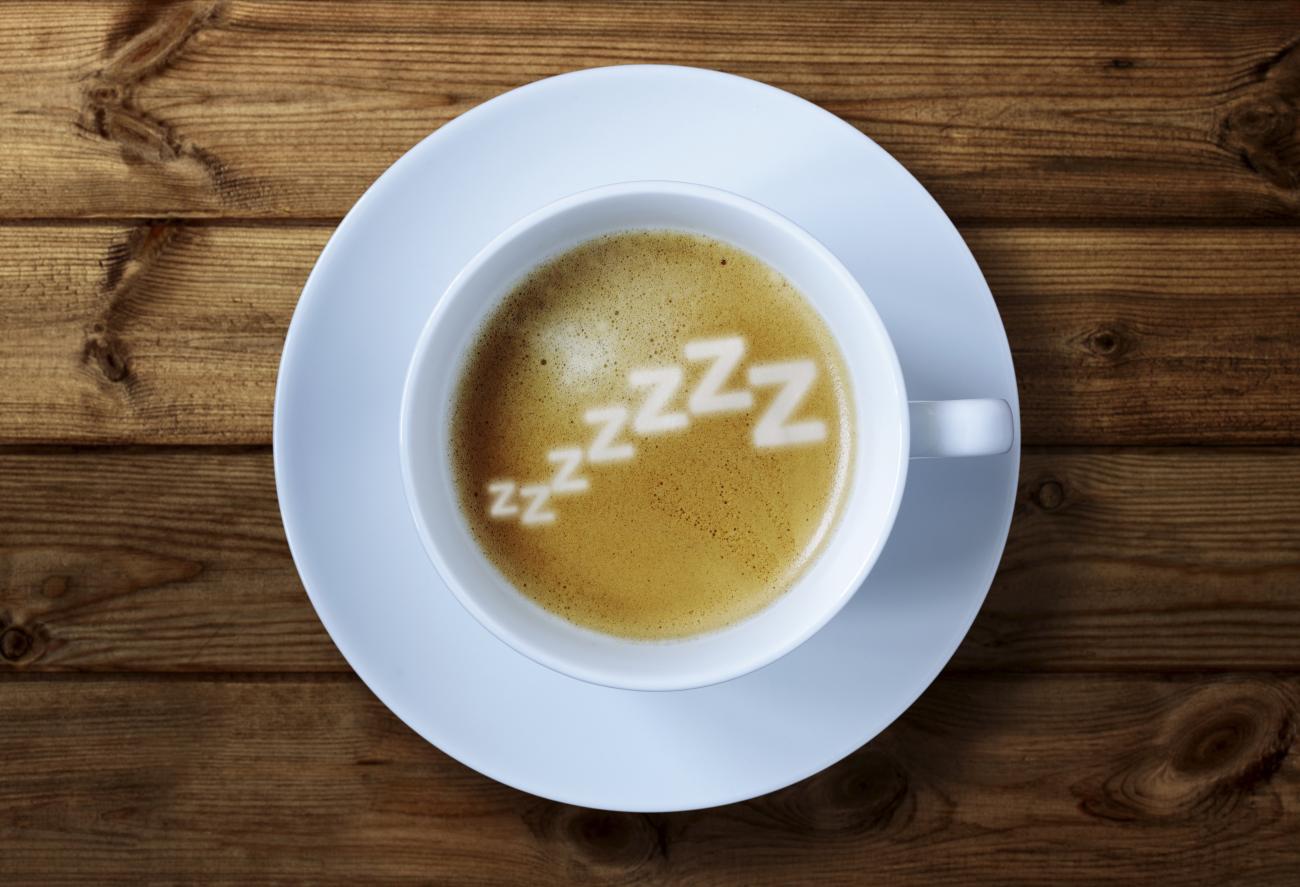
The clock turned back on Sunday, meaning the past few mornings were probably tough on a lot of people. Dr. Najib Ayas enlightens us not only about the impact of losing sleep from daylight savings, but more commonly from work or snoring.
Q: How much does losing one hour of sleep, due to switching back to daylight savings time (DST), really affect our brains and bodies?
A: Even losing one hour of sleep can affect our cognitive function, especially vigilance or attentiveness. This is likely the reason that vehicular collisions and workplace injuries increase after daylight savings time changes. For example, the rates of motor vehicle collisions increase by about 17% after daylight savings time, likely related to the reduction in attentiveness as a consequence of sleep loss.
Q: How can I reset my internal clock to adapt more quickly to the time change?
A: The major factor that affects the timing of the body's internal clock is light exposure. Changing your exposure to light can help to synch your internal clock; for example, reducing light exposure at night and increasing it during the morning can help to move the clock backwards to synch with the time change.

Q: I’ve heard the grim expression “I’ll sleep when I’m dead” from many workaholics. How does curtailing my sleep by a few hours, say to six hours per night, impact my health and mental faculties?
A: Curtailing your sleep every day to six hours per night over a couple of weeks affects your performance as though you haven’t had any sleep. In other words, you will perform as though you’ve had total sleep deprivation. Also, less than seven hours per night over the long run is associated with cardiovascular disease, diabetes, and weight gain. In terms of maximal neurocognitive function, it is shown that more than eight hours per night is necessary to preserve neurocognitive function.
Q: What happens to job performance for individuals who have to work extended hours (e.g. 18-hour shiftwork)?
A: Studies have shown that if people stay up continuously for 18 hours, their performance is similar to having a blood alcohol concentration in the intoxicated range, which would hamper job performance. There is circadian rhythm to be mindful of too — regardless of how much sleep you get or when you wake up, your performance at 3 a.m. is going to be worse than at 10 a.m. This is why more errors are usually made on night shifts than on day shifts. When you put all of these together for individuals who work very long shifts, e.g. more than 24 hours, there may be substantial decreases in their cognitive performance as a consequence.
Q: What’s the best way to combat sleep loss?
A: Try combating sleep loss with sleep! Studies have shown an increase in performance after a nap, even during a night shift. If you nap longer than 45 minutes you’ll probably experience sleep inertia when you wake up, in which you’ll have a transient 15 to 30 minutes of poor functioning.
Najib Ayas M.D. MPH is an associate professor of Medicine and staff member in the sleep disorders clinic at the University of British Columbia Hospital. He is also a team member at VCHRI’s Centre for Respiratory, Cardiac & Critical Care Medicine. Dr. Ayas’ research predominately focuses on the adverse health, safety, and economic consequences of sleep disorders.


